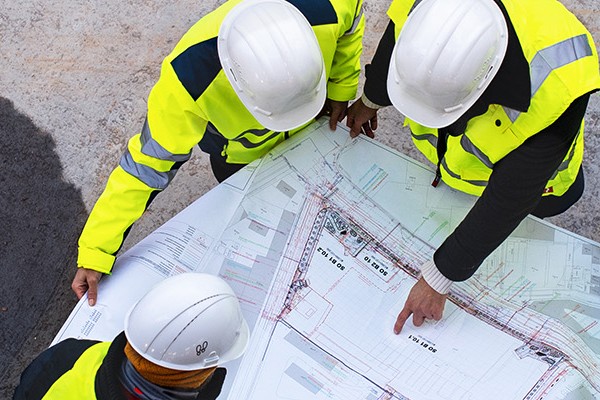
Durability in every detail with concrete Inspection
Every detail of the construction meets the standard for long-term durability
Concrete Inspection
Contact form for concrete Inspection
We value your interest in our services. To further discuss how we can meet your needs, please fill out our contact form below. When requesting a quote, please specify your needs so that we can offer a competitive and customized solution for your business.
Our dedicated team of industry experts look forward to providing tailored solutions and are happy to answer any questions.
DEKRA Industrial AB
Lagergatan 5
Göteborg 415 02